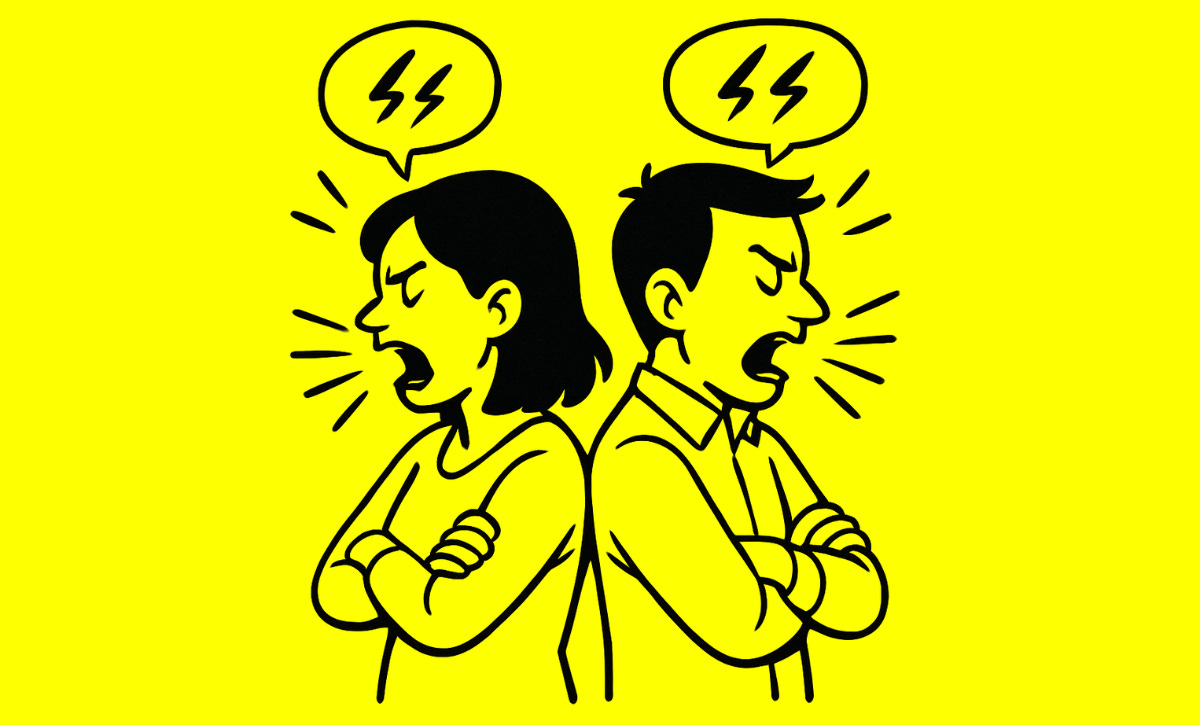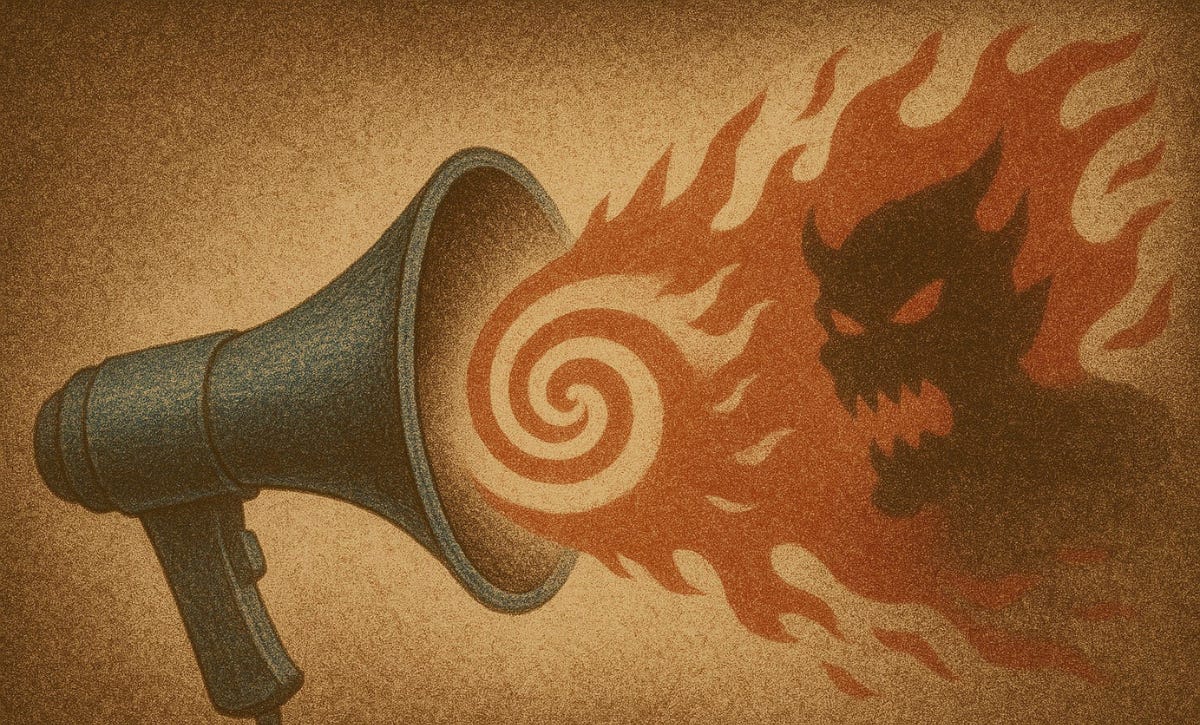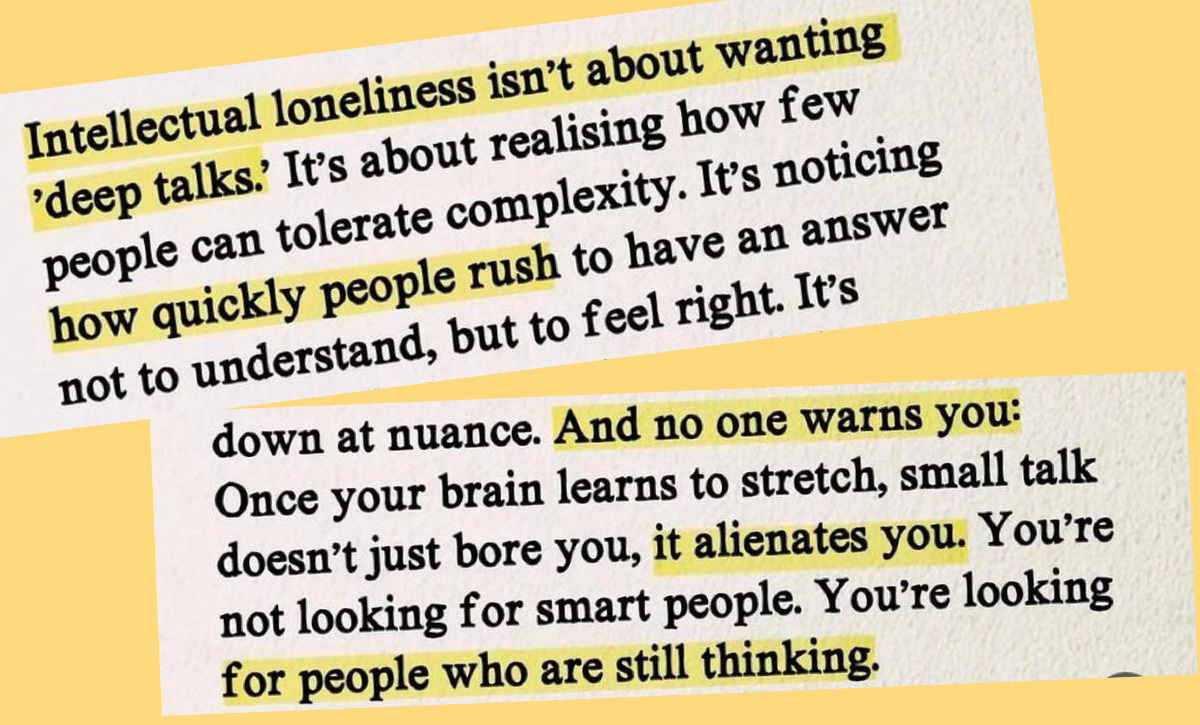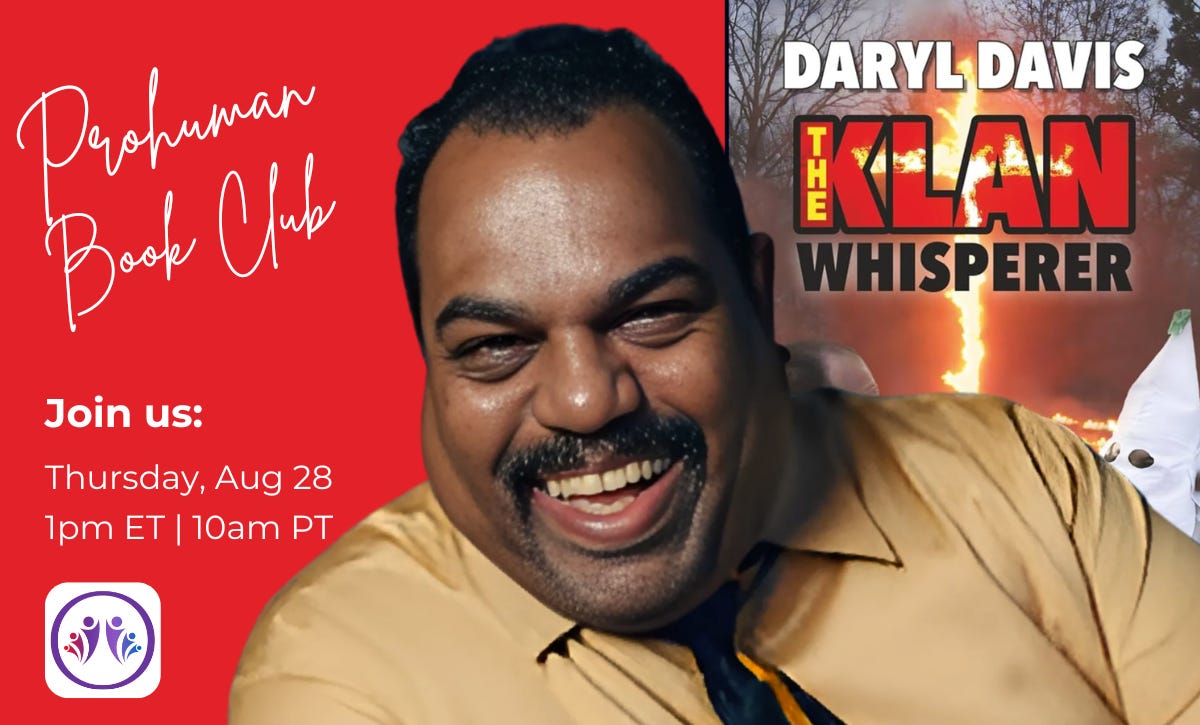Civil Society and the Liberal Democratic Project: Defending civil society against attacks is not enough.
Writing in his own The Art of Association Substack, Daniel Stid argues that American liberal democracy is like a stool resting evenly atop three legs: democratic government, a free market economy, and civil society. He critiques civil society's current failings, including lost autonomy amid partisan entanglements, polarization driven by extreme advocacy, and its role in amplifying rather than tempering civic vices. Stid suggests that merely defending civil society against attacks falls short; that leaders must rebuild it to embody autonomy, pluralism, and foundational civic virtues to make it truly worth safeguarding.
The metaphor of a three-legged stool helps us recognize that a healthy civil society is no less critical for a liberal democracy to flourish than its other two legs. If civil society weakens or twists too far in one direction or another, a liberal democracy is as much at risk of toppling as it would be if its government and politics or economy go haywire.
There is no shortage of critical commentary on the problems and pathologies in these other spheres. Witness the obsessive coverage and engagement with what the Trump Administration is doing or not doing to our form of government. Likewise with the ongoing inequalities borne of the neoliberal economy.
Much of this critical commentary comes from actors in civil society. We are thus used to judging what is happening in politics, government, and markets – as well as the threats these developments pose for liberal democracy. We need to bring the same unstinting critical eye and judgment to our own sphere of activity in civil society.
Conceptualizing our Disagreements: A framework for seeing why some disagreements are harder than others
John Inazu, in his Some Assembly Required Substack, suggests that different types of disagreements have the potential to either strengthen or sever personal and social bonds. He observes that context shapes the intensity of disagreement, with the most perplexing conflicts arising when shared observations yield starkly different interpretations.
Since publishing Learning to Disagree, I have been thinking about how disagreements unfold—in friendships, organizations, and societies. Disagreements shape our friendships, workplaces, and politics. Some strengthen connection, others destroy it. Here’s one way to sort through various kinds of disagreements to help us navigate conflict without losing connection….
Are There More Nazis Than Before?
Writing for the Better Conflict Bulletin, Sofia Scarlat and Jonathan Stray examine the perception of rising extremism. They argue that numbers on organized white nationalism and hate crimes are hazy due to shifting definitions and selection biases, while highlighting how political leaders focused on shared, concrete problems, like safety and economic security, can find broad appeal and cultivate a politics of dignity.
The problem is that, given the outsized media attention to extreme people, we can end up modeling our strategy on characters we’re unlikely to ever meet, and on dramatic fights that don’t represent typical encounters. Most people are persuadable, not irredeemable. Therefore most political problems require communication, not denunciation.
On Intellectual Loneliness: Are you desperately seeking people who are still thinking?
Scott Barry Kaufman registers the “deep joy” he feels “in trying to understand what is really going on” in his own Beautiful Minds Newsletter, lamenting that the supply of intellectual spaces for open-minded truth seeking and nuanced debate isn’t meeting the demand, which leaves complex thinkers feeling isolated. More nuanced discourse isn’t just nice, he argues, but necessary to meet the cognitive needs of people with a ‘nerdy dopamine pathway’ who he suggests are more sensitive to the ‘reward value of information.’
What I am so deeply craving are more communities of people who don’t have to make everything about them, or make everything about politics. People who recognize that it’s probably multiple factors that causes a phenomenon, and that it’s possible for there to be both environmental causes and psychological causes. When it comes to politics, I crave discussions with people who are open to being wrong about what is the best policy for most people, and who are willing to entertain things on a policy basis, rather than immediately condemn “the other side” full stop.
Editor’s Note: If this resonates, consider joining the Prohuman Book Club. Find complex thinking, nuance, growth, and camaraderie with us in shared pursuit of truth.
Daryl Davis with the Prohuman Book Club:
Prohuman Foundation co-founder Daryl Davis will join the Prohuman Book Club on Thursday, August 28. His new book, The Klan Whisperer, offers a fresh look at his legendary endeavors finding humanity where others had stopped looking.
You won’t want to miss this! Join the Prohuman Book Club or register to join this event only. Prepare by reading his book, watching his documentary, or by viewing Daryl’s TED Talk.
Opinions expressed in selected articles do not necessarily reflect those of the Prohuman Foundation. We value diverse perspectives that enrich our understanding of topics close to our mission: to promote the foundational truth that we are all unique individuals, united by our shared humanity.







Scott Barry Kaufmann speaks to me! This is exactly how I feel. I want to live in that human place beyond politics. I hunger for that place in writing. https://twyman.substack.com/p/the-human-condition?utm_source=publication-search